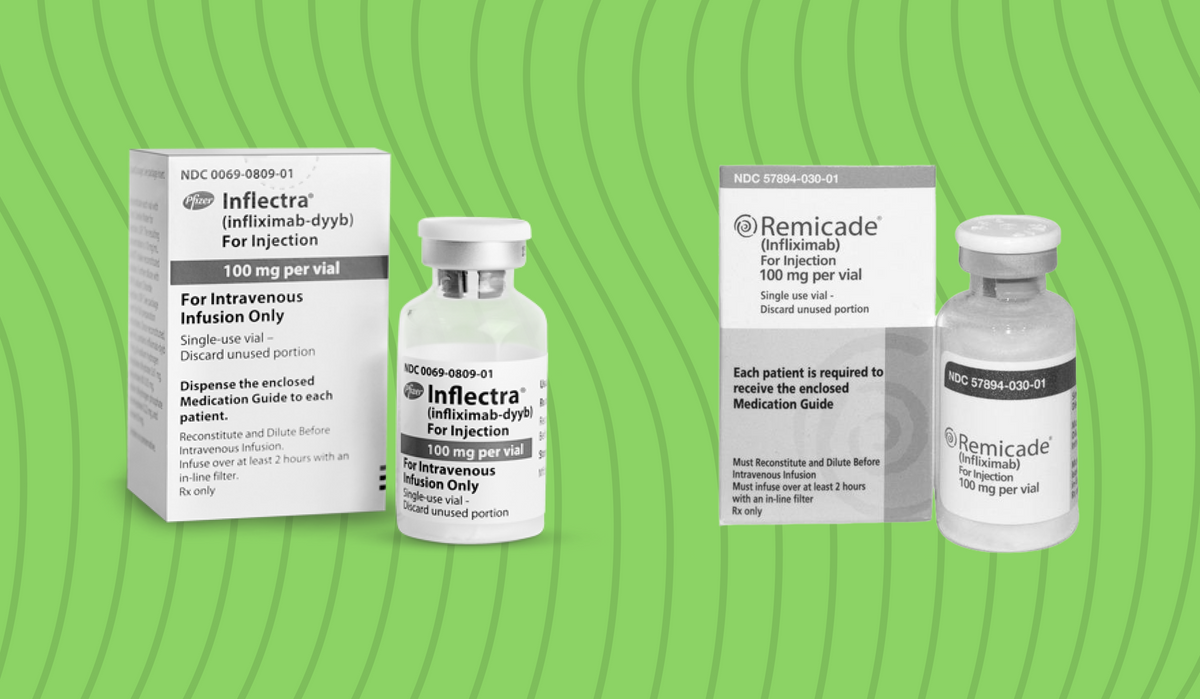Biosimilars in Chronic Disease: Efficacy, Safety, and Adoption

The landscape of rheumatological treatments has witnessed significant advancements in the past few decades. One notable milestone is the introduction of biosimilars, which have the potential to revolutionize the approach to managing a myriad of rheumatologic conditions. But what exactly are biosimilars, and how do they fare in terms of efficacy, safety, and their current adoption in the clinical setting?
Understanding Biosimilars
The U.S. Food and Drug Administration (FDA) defines biosimilars as biologic products that are highly similar to an already FDA-approved biologic drug, known as the reference product[1]. Unlike generics, biosimilars are not exact copies due to the complexity of biologics, but they exhibit no clinically meaningful differences in terms of safety or efficacy from the reference product.
Biosimilars are biologic medical products that are almost identical copies of an original product manufactured by a different company. They are introduced into the market after the patent for the original (often called the 'reference' biologic) expires. Given their biologic nature, biosimilars are derived from living organisms, which means that, unlike generic drugs (which are chemically synthesized and identical to their branded counterparts), biosimilars are similar to, but not exact replicas of, reference biologics.
Efficacy for Rheumatologic Conditions
For rheumatology patients, effective treatment is of paramount importance. Several studies attest to the efficacy of biosimilars. The American College of Rheumatology, in its position statement, acknowledges that the FDA's rigorous standards for approval ensure the clinical equivalence of biosimilars to their reference biologics [2].
Multiple clinical trials and real-world studies have investigated the efficacy of biosimilars in rheumatological conditions. These studies, especially the ones focused on biosimilars for tumor necrosis factor inhibitors (TNFi) like etanercept and infliximab, have consistently shown that biosimilars offer therapeutic effects on par with their reference biologics in treating conditions such as rheumatoid arthritis (RA), ankylosing spondylitis, and psoriatic arthritis.
For instance, the transition from reference infliximab to its biosimilar did not result in any significant difference in disease activity or flare rates in patients with RA.
Biosimilars in Oncology
While research exists in many disease states reporting the safety of interchangeability of biologics and biosimilars, there is a gap of knowledge in the oncology space for many reasons [2]. The FDA did not create clear paths to approval for biosimilars until 2010, slowing the approval of biosimilars in the US versus Europe. The only biosimilars in the US for use in oncology currently are in the monoclonal antibody space with Avastin, used in a wide variety of diagnoses, Rituxan, and Herceptin. There is a need for further clinical trial data supporting the safety of interchangeability and immunogenicity in this space, as there may be a barrier to acceptance of data from non-oncologic studies, though they do exist.
Safety Profile
The safety of biosimilars is a top concern. The FDA's stringent approval process for biosimilars demands rigorous testing, ensuring their safety profile closely aligns with that of the reference biologics1. The Arthritis Foundation further emphasizes that approved biosimilars have met the necessary safety, purity, and potency standards set by the FDA [3].
Conclusion
Biosimilars represent a pivotal shift in rheumatologic care, promising both efficacy and cost savings. As we gather more real-world data and continue to engage in transparent discussions about their benefits and potential concerns, the role of biosimilars in rheumatology is set to expand and benefit countless patients.
References
[3] American College of Rheumatology. (2018). Position Statement: Biosimilars.
